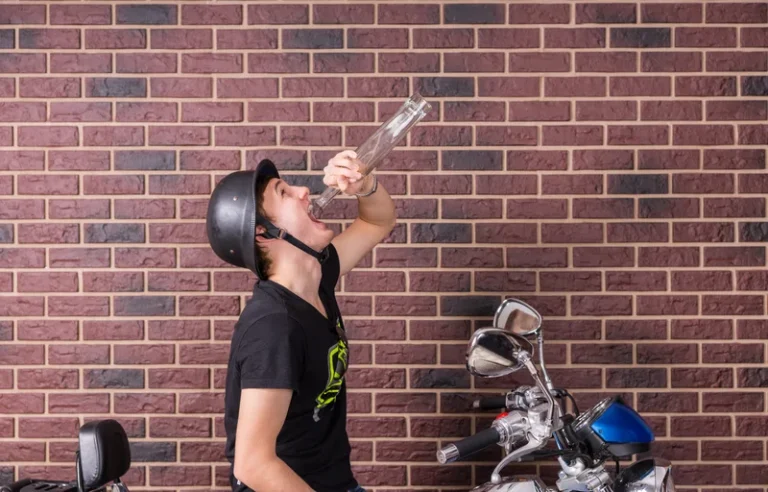
Drugs and Alcohol are both used in daily life, either for medicinal purposes or recreational purposes. Though in modern technology, drugs mostly refer to cocaine, heroin and other abusive substances, the term is not limited to these. Drugs can also refer to substances that are used for medicinal purposes. Around 88,000 people in the U.S. die from alcohol-related causes annually, highlighting the severe consequences of chronic alcoholism.
How does detox differ between alcohol and drug rehab?
Also, many alcoholics will feel the need to get drunk every time they drink. This leads to a dependency from the body to feel as if it needs the alcohol to feel healthy. The choice depends on the substance, severity of addiction, co-occurring conditions, and individual goals. Both types of rehab often use therapies like Cognitive Behavioral Therapy (CBT), group therapy, and family therapy. However, specific therapies may differ based on the substance and individual needs. Explore its effects, risks, and the debate surrounding alcohol classification.
- There are many different types of drugs and alcohol-related problems, and the effects on an individual can vary greatly depending on factors such as personal history, environment, and genetics.
- Ultimately, the ramifications can diminish your overall quality of life and well-being.
- These brain changes can persist even after the cessation of use, enhancing the risk of relapse and cravings.
The Benefits of Individual Therapy in Addiction Recovery
It often leads individuals to prioritize substance use over important life responsibilities. Understanding these dynamics can aid in addressing the issue effectively. According to data, significant increases in real prices and restrictions on availability have been found to reduce overall consumption levels effectively, particularly among heavy drinkers.
Treatment and Recovery Options
Addiction is a serious illness and is defined not by the substance being taken, but by the individual. Whilst there are differences between treating drug and alcohol and drug addiction, they are treated equally as serious. Medications and cognitive-behavioral therapy have proven to be effective in treating drug dependence, especially at supportive rehabilitation environments. Seabrook has rehabilitation centers in New Jersey (NJ), Pennsylvania (PA), and an outpatient center in New York (NY). Contact Seabrook today for any questions about drugs, alcohol, addiction, and treatment.

Alcohol and Drug Addiction: How Treatment Strategies Differ
Drugs must be taken in by the body and this is normal, however, when abused, may lead to organ failure. Drugs should be taken cautiously and not abused, which is why prescriptions are very important. American Treatment Network is an outpatient substance abuse clinic headquartered in Havertown, Pennsylvania. Addiction is a chronic condition, and recovery is a lifelong process. Even individuals who have successfully completed rehab may still face triggers and cravings that can lead to relapse. It is essential for individuals in recovery to have a strong support system and ongoing access to counseling and support groups to help them maintain their sobriety.
About 30% of individuals diagnosed with alcohol use disorder experience mental health disorders such as anxiety and depression. Regular alcohol consumption can exacerbate existing conditions and even contribute to the development of new ones, creating a challenging cycle of dependence and mental distress. While some drugs can provide temporary feelings of well-being, you could also face significant risks including addiction or severe physical reactions. Many people enter alcohol or drug rehab thinking that once they are clean of one substance, they can begin using another. Therefore, some people will stop taking illegal drugs and drink alcohol instead.
DIFFERENCES IN DRUG ADDICTION & ALCOHOLISM

It can be different difference between drugs and alcohol to feel addicted to legal substances than it is to illicit ones. In the subheading, “drugs” refers to drugs such as heroin, painkillers, and cocaine. Fortunately, the stigma of addiction has lessened, to an extent, in recent decades as more people learn about them.

- One can classify drugs as any chemical substance that alters physiological or psychological functioning in the body.
- Understanding these differences can aid in recognizing the seriousness of these conditions and the necessary steps towards recovery.
- Ongoing research focuses on developing effective medications for various substance use disorders, including alcohol, opioids, and nicotine.
- Exploring the consumption patterns of alcohol reveals the significant influence that taxation, pricing, and regulatory trends have on public health outcomes.
- Those who use drug or alcohol as a coping mechanism for stress or depression find themselves using more and more and their brains become less responsive to the positive effects.
- SUD and OCD often co-occur, and it’s possible to find relief with the right treatment plan.
These brain changes can persist even after the cessation of use, enhancing the risk of relapse and cravings. Alcohol has significant detrimental effects on the central nervous system (CNS). It can damage the frontal Sober living house lobe of the brain, which affects executive functions such as abstract reasoning, decision-making, social behavior, and performance.